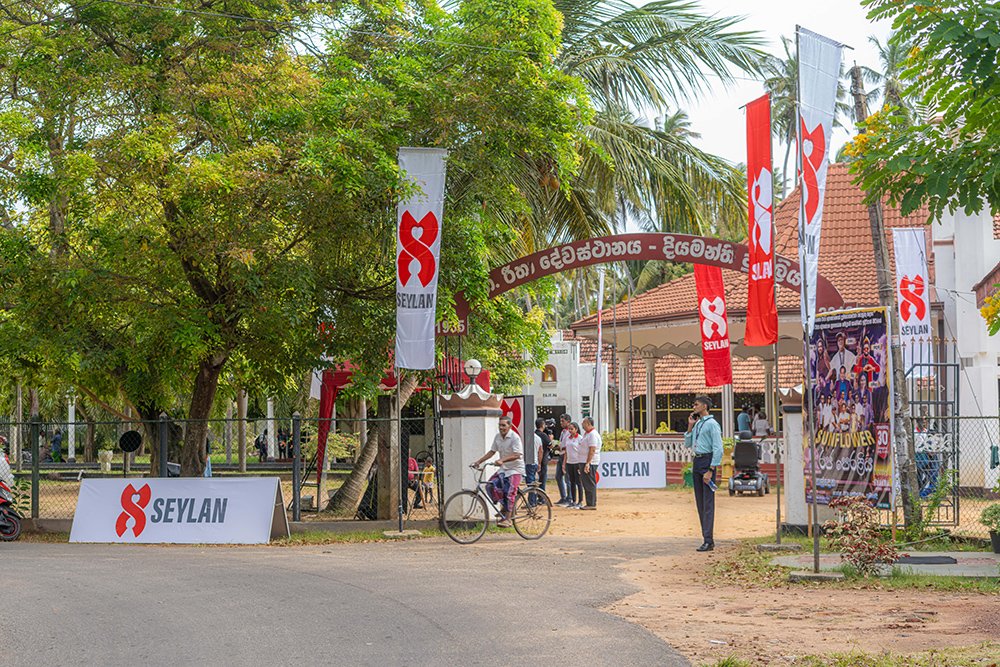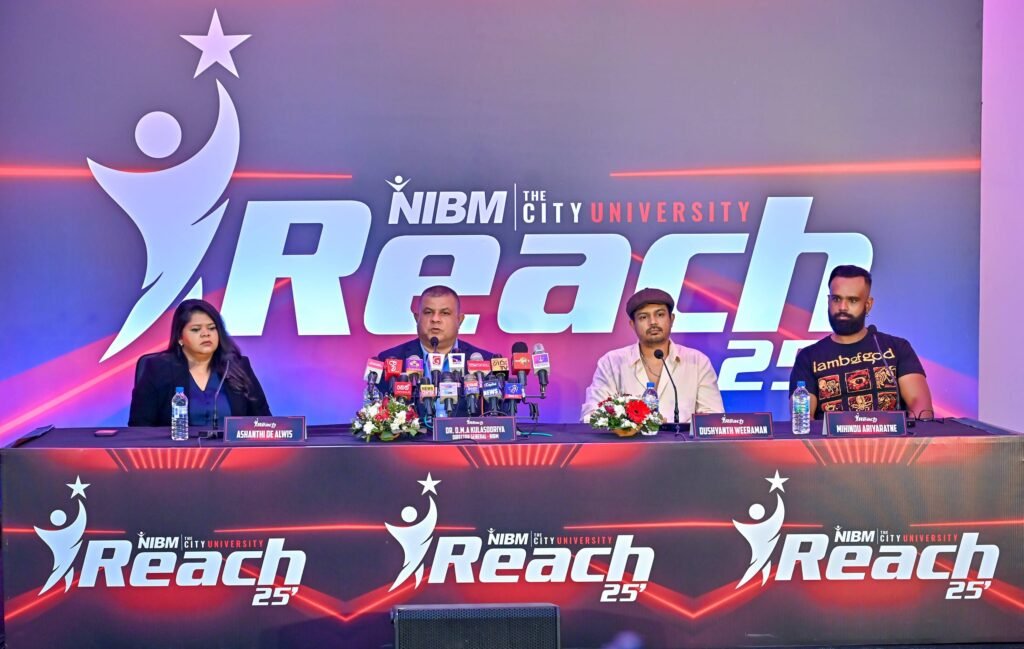- JAAF pledges support to “Resilient Sri Lanka”, a new industry forum to strengthen Sri Lankan manufacturing
- The apparel industry to navigate supply chain disruptions through innovation and collaboration with the tech industry
- UK start up Kavida launches AI platform to build supply chain resilience across the manufacturing sector
The UK-based start-up Kavida collaborated with the American Chamber of Commerce (AMCHAM) in Sri Lanka to launch ‘Resilient Sri Lanka’, a new industry forum aimed at facilitating supply chain resilience in the manufacturing sector. The forum had its first in-person workshop under the theme ‘De-risking Sri Lankan Apparel’ on the 18th of August. It navigated the numerous supply chain risks within the apparel industry characterized by post-COVID-19 realities, growing uncertainties in the global geopolitical landscape, market volatilities and the need for resilience in the face of such external shocks. The topic of discussion was timely and highlighted efforts taken by the Sri Lankan apparel industry to navigate through these supply chain disruptions via innovation and collaboration with the tech industry.
Kavida also launched its new AI platform with the aim of enabling procurement managers ensure on-time delivery and improve supplier collaboration.
The Joint Apparel Association Forum (JAAF) pledged support to the effort of identifying technology-intensive solutions in the focus areas of discussion.
Secretary General of the Joint Apparel Association Forum (JAAF) Yohan Lawrence highlighted that Sri Lanka’s largest export markets – the US, EU and the UK, have their own share of troubles due to supply chain disruptions including shipment delays contributing to high inflation. The UK’s inflation recorded at 10% is the highest in the last 40 years, with Germany anticipating double digit inflation. He reiterated that “there is opportunity in crisis”.
“With growing global trade shifts, the EU is looking at an EU-Asia connectivity strategy, a trade system based on sustainable, comprehensive, rules based connectivity, ensuring prosperity, safety and resilience of people. Sri Lanka already has an excellent track record of delivering products to customers in difficult times. However, we need to ensure these opportunities are not taken away from us.”
He emphasized the importance of retaining GSP+ post December 2023 as regional peers such as Vietnam and India have already signed or gained renewed focus on securing FTAs with the EU. He highlighted that Sri Lanka must push for better trade agreements with the EU, US and the UK that suit Sri Lanka’s realities while looking for opportunities in countries like China and India. He identified this as vital for the apparel industry to gain the temporary boost it needs to aid the country’s economic recovery.
Lawrence also stressed that Sri Lanka must work on a framework to ensure compliance with global trade legislation placing a greater onus on the supplier to prove they have robust systems and risk analysis mechanisms in place and have done their due diligence.
The event showcased a panel with key industry leaders displaying a positive outlook on how the know-how and innovation culture of the tech industry can complement the scale and resilience of the apparel industry to move beyond the barriers of the supply chain.
The forum also brought together US and UK fashion brands that pledged support to Sri Lanka and the apparel industry in this hour of crisis.






